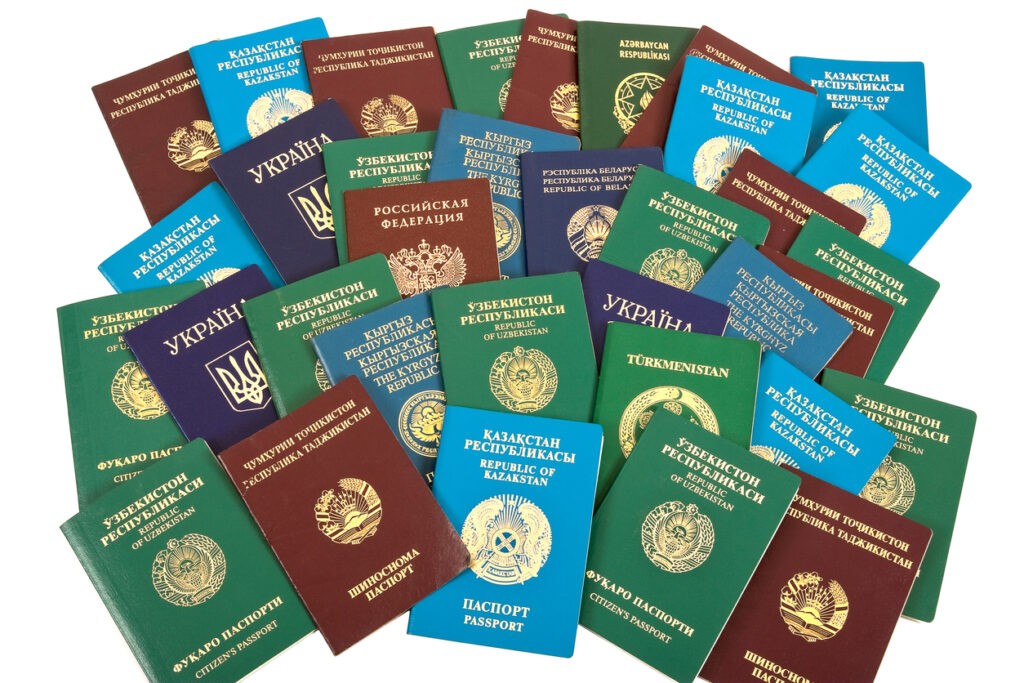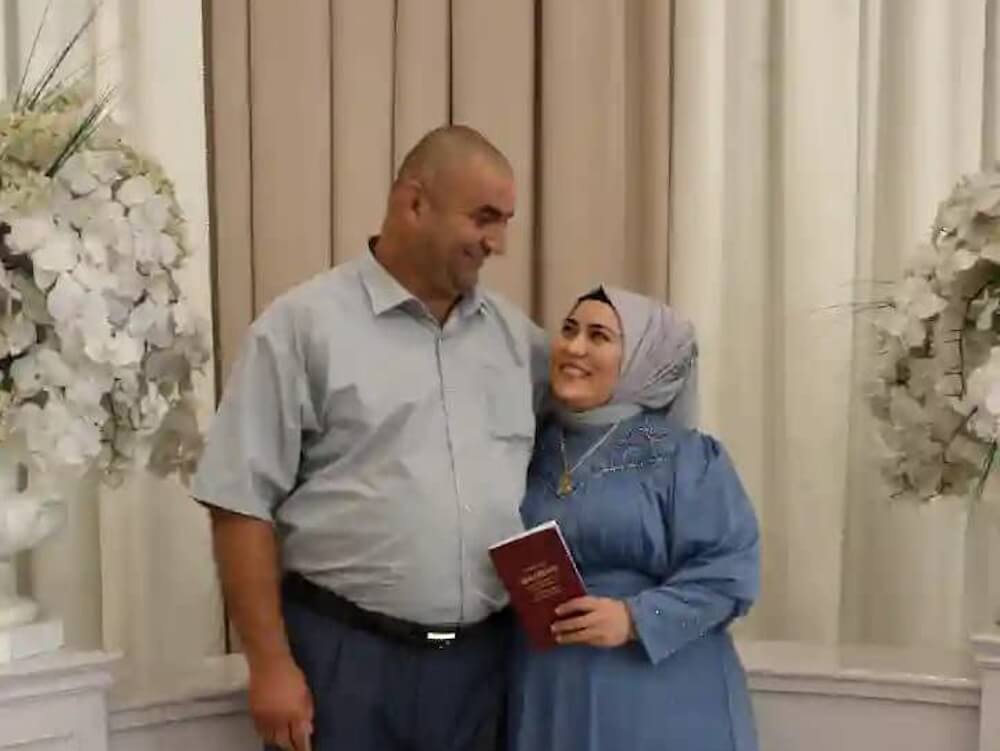Kazakhstan to Use Industrial Hemp for Passport Production
Kazakhstan will begin producing high-security paper from domestically cultivated industrial hemp, which will be used in the manufacture of passports and national ID cards, the Ministry of Agriculture (MoA) has announced. As previously reported by The Times of Central Asia, Kazakh authorities first considered cultivating industrial hemp in 2016, though the initiative remained dormant until recently. In spring 2025, a draft law legalizing the cultivation of non-narcotic hemp was submitted to parliament. It was approved by deputies in June and subsequently signed into law by President Kassym-Jomart Tokayev. The legislation authorizes the government to determine which hemp varieties are eligible for industrial use, explicitly excluding strains used for narcotics, and outlines procedures for cultivation and processing. High-Security Applications and Export Potential At a government briefing on Tuesday, Deputy Minister of Agriculture Azat Sultanov explained the rationale behind the initiative. “The main product will be high-security paper, which is a valuable export commodity used for the production of identification documents such as passports and other special forms,” Sultanov said. “The range of products being considered by the investor is wide. Market demand will be taken into account, and we believe all the output will go for export.” The North Kazakhstan Region is currently being considered as the site for the production facility. Regulated THC Levels and Licenses Issued Earlier, the Ministry of Agriculture confirmed that the allowed level of tetrahydrocannabinol (THC), the psychoactive component of cannabis, in cultivated industrial hemp would not exceed 0.3%. In contrast, wild hemp found in Kazakhstan can contain up to 15% THC, rendering the industrial variant non-psychoactive. Deputy Minister of Internal Affairs Sanjar Adilov noted in April that four licenses for industrial hemp cultivation had already been issued. One licensed farming enterprise in Kostanay Region, adjacent to North Kazakhstan Region, is already engaged in hemp cultivation and processing.






